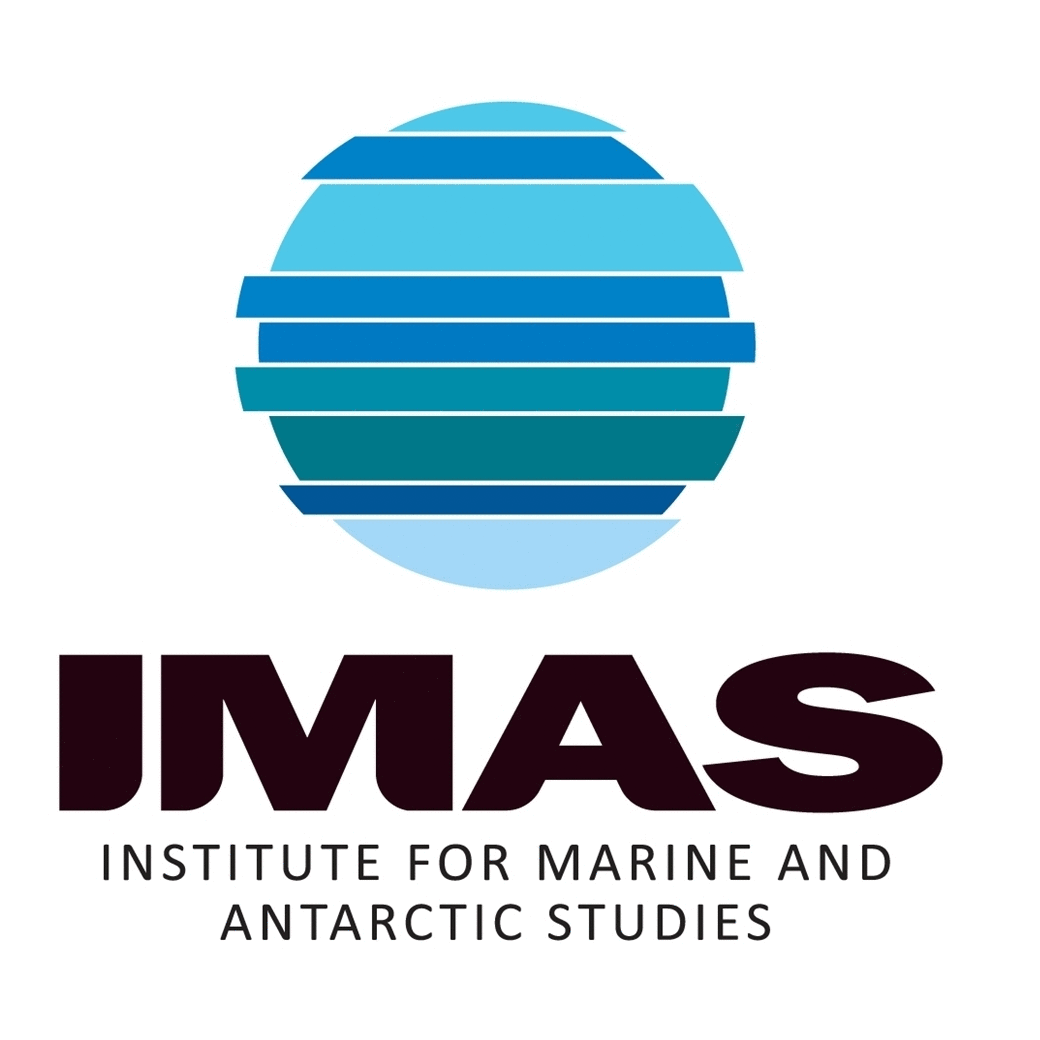cost-effectiveness
Type of resources
Topics
Keywords
Contact for the resource
Provided by
Years
-

This record provides an overview of the scope and research output of NESP Marine Biodiversity Hub Project B1 - "Road testing decision support tools via case study applications". No data outputs are expected for this project. -------------------- This project will deploy advances in decision-support to assist Commonwealth Marine Reserve managers progress the implementation of evidence-based adaptive management throughout the reserve estate. Two case studies will treat selected decision problems in detail. Specifically: • The identification of decision thresholds that may trigger a change in management, framed within Parks Australia’s performance monitoring template. • The prioritisation of information acquisition through research and monitoring. The two case studies involve coherent integration of ecological models, social and organisational value judgements, and economic analysis. Planned Outputs • Progress reports describing interim outcomes of the (a) decision thresholds and (b) research and monitoring prioritisation case studies. • At least two publications in high impact peer-reviewed journals. • Two final reports describing outcomes of the (a) decision thresholds and (b) research and monitoring prioritisation case studies. • At least two publications in high impact peer-reviewed journals. • Training and associated materials
-

This record provides an overview of the scope of NESP Marine Biodiversity Hub Project E5 - "The role of restoration in conserving Matters of National Environmental Significance (MNES)". No raw data products are anticipated for this project. -------------------- This research will assess the capacity of habitat restoration to insulate against loss and degradation of MNES, through restoration key habitats and the species they support. In general, restoration techniques in marine ecosystems have been seen as embryonic and cost-prohibitive. But the risk of decline in key habitats and their potential loss through the cumulative impacts of climate change and local pressures makes the imperative for more effective and efficient techniques urgent. In several habitats, recent advances in technology suggest marked improvement in efficacy and cost-effectiveness. This project will review and assess the capacity of active restoration to secure conservation outcomes for MNES across four habitats: giant kelp forests, seagrass communities, saltmarsh communities, and shellfish communities. Planned Outputs • Report: Review – the role of restoration in conserving matters of national environmental significance • Report: Workshop outcomes - The cost-effectiveness of alternative restoration projects
 IMAS Metadata Catalogue
IMAS Metadata Catalogue